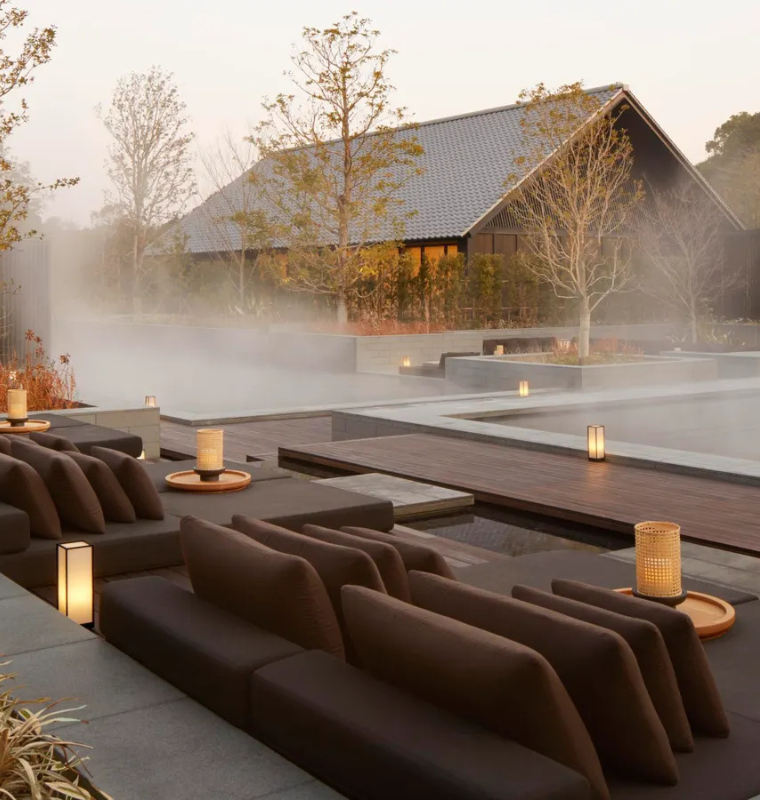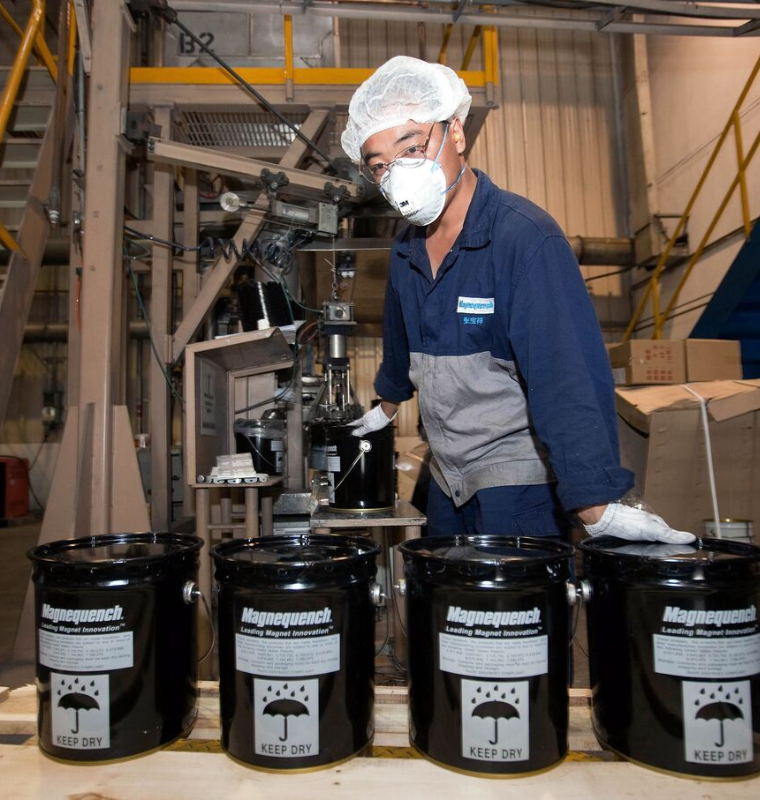Workers Sacrifice Passion for Paychecks in a Tough Job Market
Workers Sacrifice Passion for Paychecks in a Tough Job Market
By
Leah Rosenfeld
Last updated:
August 18, 2025
First Published:
November 30, 2025

For many Americans, the dream of finding a job that feels both meaningful and financially rewarding is being tested by today’s difficult job market. As competition rises and economic pressures mount, workers are increasingly forced to make trade-offs—choosing stability, salary, and flexibility over passion and purpose.
The Struggle of New Graduates
Take the case of 22-year-old Seri Thompson, a recent communications graduate in San Diego. Since finishing college in December 2024, she has applied to more than 180 positions. Many were aligned with her degree in marketing and communications, but she has also applied for unrelated roles, from retail to administrative support.
While waiting for a full-time opportunity, Thompson juggles a part-time internship at a local bakery alongside babysitting, pet-sitting, and house-sitting to cover expenses. “The perfect job doesn’t exist,” she admits. “Once you get that first job, it’s just a stepping stone for the rest of your career.”
For Thompson, meaningful work means joining a company that values employee growth, well-being, and contribution. Yet she recognizes that, in today’s climate, she may have to compromise in order to get her foot in the door.
Shifting Priorities in an Uncertain Economy
This reality is not unique to Thompson. A July survey by UserTesting of over 1,200 American adults found that 85% of workers say economic uncertainty has reshaped what they value most in a job. Stability, salary, and flexibility now outweigh purpose-driven goals like making a social impact or aligning with a company’s mission.
About one in three respondents admitted they would give up their dream job if it meant gaining greater security. For many, that trade-off reflects the harsh economic backdrop—rising living costs, persistent inflation, and a job market flooded with applicants.
The Psychological Toll of Job Hunting
The drawn-out search for work is taking a mental toll on job seekers across age groups. Nearly 25% of respondents said they are facing burnout or mental health challenges from the job search, while 16% reported experiencing ageism.
Bruce Bennett, a 62-year-old HR professional in San Francisco, has applied to “well over 100” roles. He now scans job postings for keywords rather than reading the full description. “I know 99% of the time I’m going to get rejected,” he said, noting that he once saw a single listing receive over 1,000 applicants. “It’s a crap shoot.”
Looking for Meaning Beyond the Office
Even as job seekers temper their expectations, many are finding alternative ways to create fulfillment outside traditional employment. Side hustles, freelance gigs, volunteering, and part-time roles are helping workers bridge the gap between financial necessity and personal purpose.
According to the survey, 62% of workers remain somewhat or very optimistic about eventually finding the right job, despite the difficulties. But with economic pressures still shaping decisions, workers are recalibrating what “success” in a career truly means—at least for now.
Popular articles
Subscribe to unlock premium content
Wings of Wealth

Frozen Luxury in the World’s Last Frontier

The Hidden World of Ultra-Rare Seaweed Farming

Wings of Wealth

Frozen Luxury in the World’s Last Frontier

Wings of Wealth









